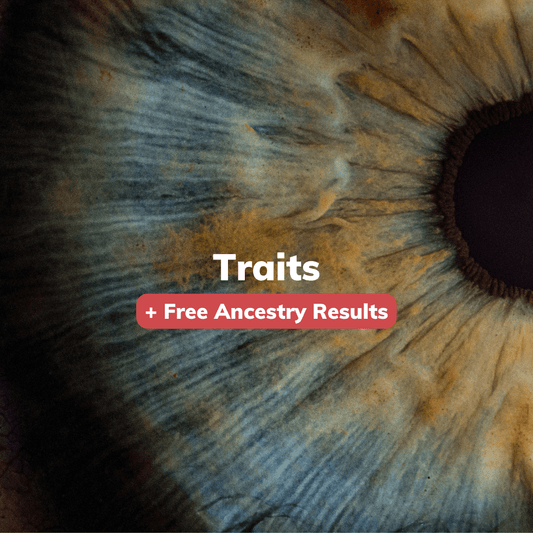
Alcohol dependence: Alcoholism
Celine HaarhoffAlcohol dependence, also known as alcoholism, is a chronic and often progressive disease characterized by a strong craving for alcohol and the inability to control one's drinking habits. While alcohol dependence can develop in anyone, research has shown a genetic component to the disorder, meaning that some individuals may be more at risk of developing alcohol dependence due to their genetic makeup.
The symptoms of alcohol dependence can vary depending on the individual. Still, some common signs include a strong craving for alcohol, the inability to control one's drinking habits, withdrawal symptoms when not drinking, and the continued use of alcohol despite adverse consequences. Those with alcohol dependence may also experience changes in their behavior, such as becoming more isolated, neglecting their personal and professional responsibilities, and experiencing legal and financial problems as a result of their drinking.
If you are concerned that you or a loved one may be at risk for alcohol dependence, a genetic test can help provide important information about your risk for the disorder. Genetic testing can be done through a simple saliva sample, and the results can help determine whether an individual has a genetic predisposition for alcohol dependence.
While a positive result for a genetic predisposition to alcohol dependence does not necessarily mean that an individual will develop the disorder, it can provide valuable information that can be used to help prevent or manage the condition.
For example, knowing your genetic risk for alcohol dependence can help you make more informed decisions about your drinking habits, such as choosing to drink in moderation or avoiding alcohol altogether. It can also provide important information for healthcare providers, who can use the results to tailor treatment and support the specific needs of the individual.
In addition to providing information about your risk for alcohol dependence, genetic testing can also help identify other health conditions that may be related to alcohol use. For example, some individuals may have a genetic predisposition for liver disease, which can be exacerbated by heavy alcohol use. By identifying these risks early on, individuals can take steps to protect their health and prevent the development of serious health problems.
While the decision to undergo genetic testing is ultimately up to the individual, it can provide valuable information that can help prevent or manage alcohol dependence. If you are concerned about your risk for alcohol dependence, talk to your healthcare provider about the potential benefits of genetic testing and whether it is right for you. With the right information and support, you can take steps to protect your health and well-being.


